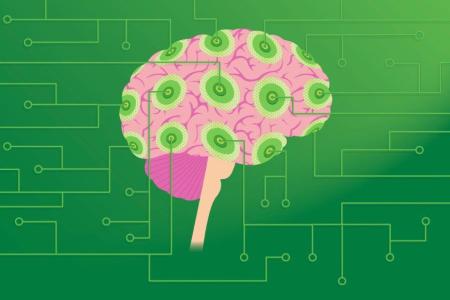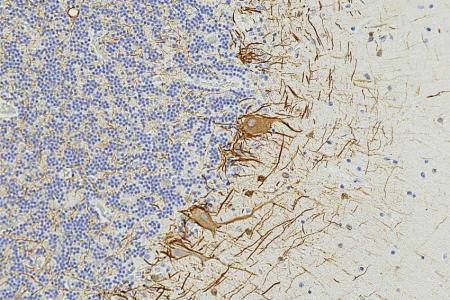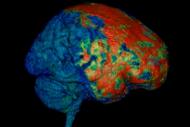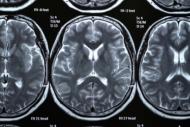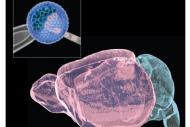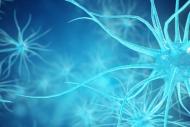UCSF researchers discovered a gene that plays an essential role in noise-induced deafness.
UCSF scientists are working to understand how concussions cause long-term cognitive damage – and how they might be treated.
The UCSF faculty members are among the 75 new members and 10 international members elected to the National Academy of Medicine, one of the highest honors in the fields of health and medicine.
A UCSF-led consortium has received a $26.2 million award from the U.S. Army Medical Materiel Development Activity to develop treatments for traumatic brain injury.
Scientists at UCSF and Boston Children’s Hospital have developed a new technique for making mice with brains that combine the genetics of two different mouse strains.
Ten UCSF postdocs competed to explain complex research in simple language – and in three minutes or less – in the third annual Postdoc Slam held Sept. 26.
The National Institutes of Health has awarded six NIH Director’s Awards to early-career UCSF scientists – a record number for the University.
New research suggests that phototherapy – a treatment for newborns with jaundice – could increase children’s risk of developing epilepsy.
A $20 million gift from longtime UCSF donors Dagmar Dolby and her son, David, will establish the UCSF Dolby Family Center for Mood Disorders within the Department of Psychiatry.
UCSF researchers have shown that it’s possible to study cellular identity by pulverizing brain tissue samples, extracting their RNA in bulk and looking for signature patterns of gene activity.

